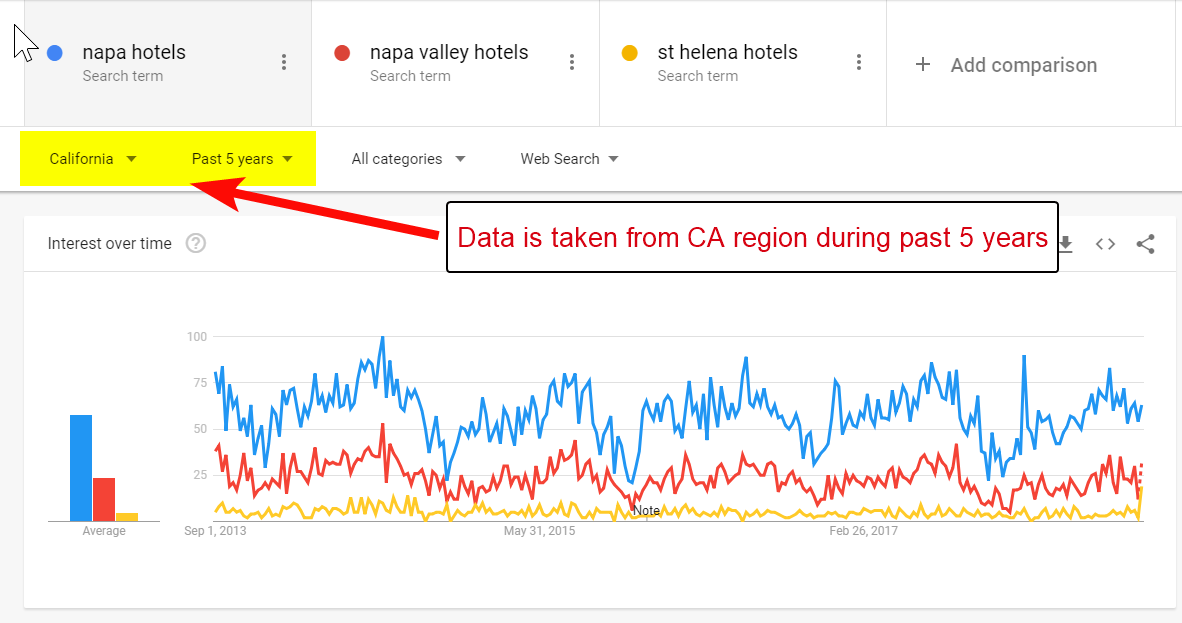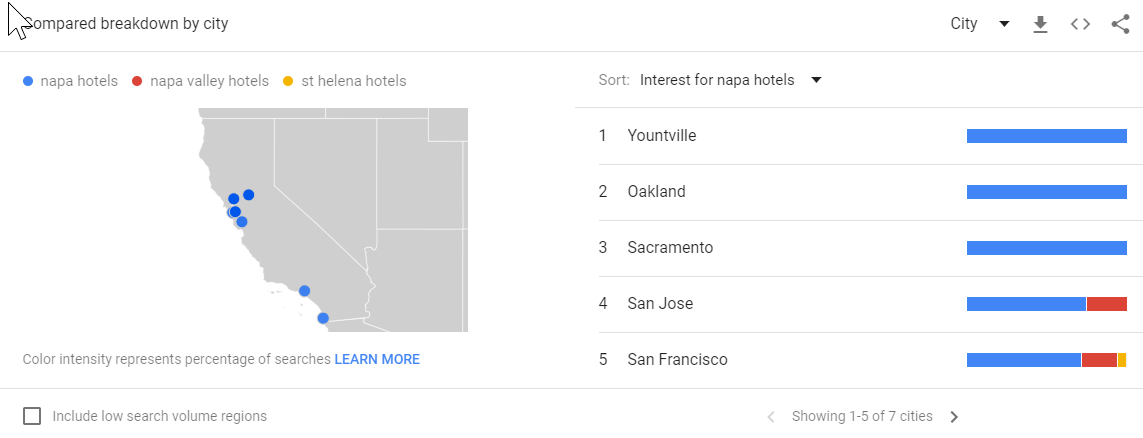So we know there’s “Hacker-Fares” on Kayak. Not too big a deal, considering that airlines are a commodity, and they don’t care if you book one way, round trip, etc. They’ve got their game, and you can play by it, or fly another airline. Kayak realized that, and created a service for users that further plies away loyalty from airlines, and gives it to Kayak for doing the “heavy-lifting” in finding the most convenient flight path, rate, and times, for a consumer. But that’s why airlines are commodified. You’ve heard my concern over hospitality ending up in the same boat, uhhh… err.. plane.
A revenue manager friend recently brought up the advent of “Hacker Rates” on Kayak. It’s smart.
“If there isn’t a room with a stay through, the site books whatever is available at the same hotel but different rooms types to create a consecutive stay.”
This is one of those moments where technology is answering a question no one asked, because no one thought our service industry was up to the task. A lot of the time, tech is answering questions no one asked because they are irrelevant and needless. However, this one has merit, and from an operators perspective, we are missing the boat on this one. The amount of revenue lost because a consumer can’t book multiple night stays at a hotel that has availability both nights, is worrying. Yes, room moves are annoying to the guest, as they are operationally costly. But what if you had a guest, on the front end of the experience, that was able to be educated about their room move, to the point of making it operationally expedient and simply to move them, because they were prepared? Well, Kayak’s Hacker Rates are attempting to do that.
There *is* one single booking engine that I have ever come across that can book a stay (say three nights), that will convincly educate the online booking guest that “you are switching rooms” and makes it VERY clear the there is a room move after the first night. At the same time, it easily books the room across multiple nights in various room types. If your hotel has inventory across multiple nights, why should different inventory be a road block to completing a reservation? No guest is going to search so they find they can book 3 different reservations in a 3 night stay, as if this was some bespoke reservation opportunity. This small, limited service hotel in Oregon Wine Country is the only time I’ve been hand held through a booking engine that made it clear I was switching rooms due to availability. But that may be the issue with independent boutique properties…. they don’t have a voice in the greater industry. But I sit here, and I am trying.
This variability concept reminds me of what might be my favorite website in history, called “hackertable”.
Simply:
The guy who made it listed all his favorite high end Bay Area and Wine Country restaurants on Opentable.
Whenever you load his site, it would “scrape” opentable” for those restaurants’ open/available reservations. Even the most popular spots in the city, whether hip or high end, have last minute cancellations. Those cancellations get immediately relisted on Opentable. So while you may never think to look for a Friday night reservation at Flour and Water or Al’s, or State Bird, or Sons & Daughters…. one of those might have one that came up last minute. Obviously…. if you wanted to go to a specific restaurant at 7pm, of course you can’t. It’s booked.
But if you didn’t mind going to one of the 20 best restaurants in the city, within a few hours, it would return a huge host of options. Basically because it was scraping those opentable reservations that appeared at the last second due to cancellations. From 2009 through 2016 I looked like a FREAKING WIZARD. Any of the most popular and tasty spots would have last second rez, as long as I didn’t care if it was in the Mission or the Marina, at 6pm or 8pm.
In the end, the guy who made the site got some big job, there was some “stack overflow” that crushed his site, and he decided he didn’t have time to rebuild it. He never even monetized it. It was just there for friends and in the know people. I’ve tried to ask him to rebuild it, and never got a response. I’ve even thought of learning, but I don’t have time. I miss it so much.
Anyhoo…. our industry’s inability to pioneer and innovate, with scale, means we are now losing revenue and opportunity to yet another tech company. There are “hackerfares” on kayak for airlines, so I am not surprised they figured this out. It’s smart, but it’s yet another way we don’t even know how to control our inventory. It’s frustrating and disappointing.
For example, even from a customer service and human perspective, booking a 3 night stay across multiple room types, with room moves, is relatively complex, and labor intensive, that is prone to error. Now we’ve an algorithm doing it for us, without the opportunity to educate the guest, or allow us to be accountable to the process. That’s a problem. IE, are those multiple reservations from Kayak, while Kayak sends a single confirmation along to the guest? Because a PMS, and almost every booking engine, won’t know how to make one reservation with multiple room types & moves. So……..
…….that’s going to be yet another operational issue at hotels. We don’t even get the chance for customer service, nor hospitality, nor educating, nor warning our guests. We’ve lost control, again, to another tech company who doesn’t really care about the business so much as taking our revenues. There’s the joke about hotels not being tech people, but we’re at the point that reservation managers became revenue managers who are now basically data scientists. Whether we like to think of ourselves as hotel people, we’re going to be forced into being tech experts, whether we like ti or not. Those who prefer not to understand this? They will be vestigial, antiquated, forgotten aspects to what is an already ancient business.
HOW AWFUL IS THAT FOR OPS?
Could you imagine a restaurant not being able to manage their floor? Jeez. But here we are, watching technology write checks that operations has to cash. It’s not going to stop, so I suggest we stop chasing these giant companies, and fall in line with figuring out the most successful and convenient ways to service our future guests and make them happy.








Recent Comments